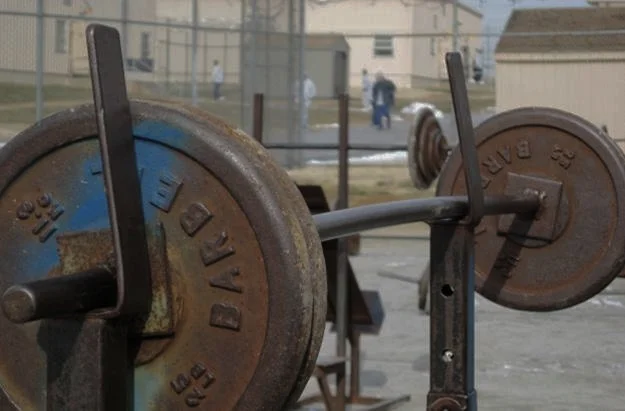Real Bodybuilding Podcast Ep. 28
What an honour it was to join IFBB Pro Fouad Abiad for an episode of the hugely popular Real Bodybuilding Podcast. We discussed a lot of a lot - including, some of the pitfalls faced in the bodybuilding world and how to be more critical when making particular choices about reaching health and performance goals.
This is one episode you don’t want to miss!
Find the audio of the episode at:
SOUNDCLOUD: www.soundcloud.com/ouadossbiad
SPOTIFY: open.spotify.com/show/624WTi4nFA8cgeV8VsCEl4
ITUNES: podcasts.apple.com/ca/podcast/rbp-ep-28-victoria-felkar/id1460821937?i=1000459454971
Learn more about Fouad and the Real Bodybuilding Podcast
www.fouadabiad.com
www.hosstile.com
YT: Fouad Abiad
IG: @fouadabiad
IG: @hosstilesupps
IG: @hosstilebrandwear
FB: @FouadHoss300
FB: @HosstileSupps








